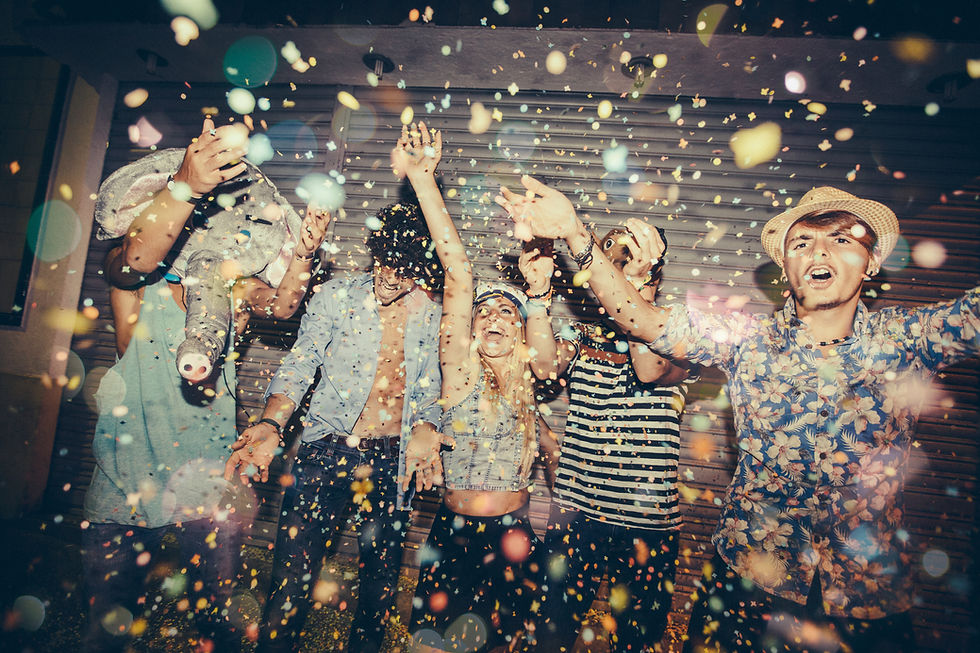Black Authority
- blythedavenport

- Sep 24, 2019
- 3 min read
Growing up, I had few black authority figures in my life. There was Mrs. Oliphaunt, one of the third grade teachers (but not mine) and Mr. Flamer, a principal in my middle and high schools. Otherwise, I didn't see any examples of people of color in positions of power or influence in my day-to-day life, nor on television, in movies, or in books. No doctors, no lawmakers, no people reporting the news had black or brown skin in my world.
I didn't realize it, but I noticed.
I internalized this subliminal message so entirely that the idea of authority became associated with whiteness (and usually maleness.) It wasn't just the idea of power; anything of note seemed to stem from white people. The people I saw on magazine covers were white, the kids' TV shows I watched were populated mostly by white people. Sometimes there were black characters, but only Bill Cosby's show Fat Albert featured a group of black people little concerned with the white gaze.
I grew up in a middle-class suburb of Philadelphia, a city with more than 40% black inhabitants but also one of the most segregated cities in the nation. My schools were overwhelmingly white. The town librarians were white. The town council was white.
Looking back, it's ridiculous to think that I was raised this way, and sad for me. It has taken years of unlearning this upbringing for me to start to find that I owe so much of my white existence to people of color, from the very people who built our country, to ideas, inventions, laws and culture that would be as bland as the sea of white faces I grew up among.
A few years ago we started subscribing to Essence magazine. I wanted my kids to grow up having it be normal to see people of color on the covers of magazines. When the first few issues arrived, I found myself wondering where the white people figured in this magazine. I quickly learned a tiny parcel of how black children must feel every day looking at most magazines in shops and libraries, which still overwhelmingly represent white people. I know that the tiny pang I felt is nothing compared to the utter lack of representation that people of color experience. And while there is no overt message of racism, the note is still clear: white people are valued, and people of color are not.
One way I have started to unpiece my racism and unlearn white supremacy is by intentionally turning to people of color as figures of authority. I read more books by authors of color and share more images of black and brown people on social media than of white counterparts. I watch shows that have all- or mostly-black casts, like Insecure, The Chi, Pose, and A Black Lady Sketch Show.
I am a better person for the people of color in my life and in my culture. Though I owe them so much in exchange for the life of privilege I've led, they've been the ones gracious enough to teach me lessons about real love, real forgiveness, real joy, and real suffering. I shouldn't be leaning on them to teach me, but I do. My debt and gratitude to friends of color in my life and others I'll never meet - actors, writers, politicians, activists, and more important people - I say thank you for your grace, your power, your authority.



Comments